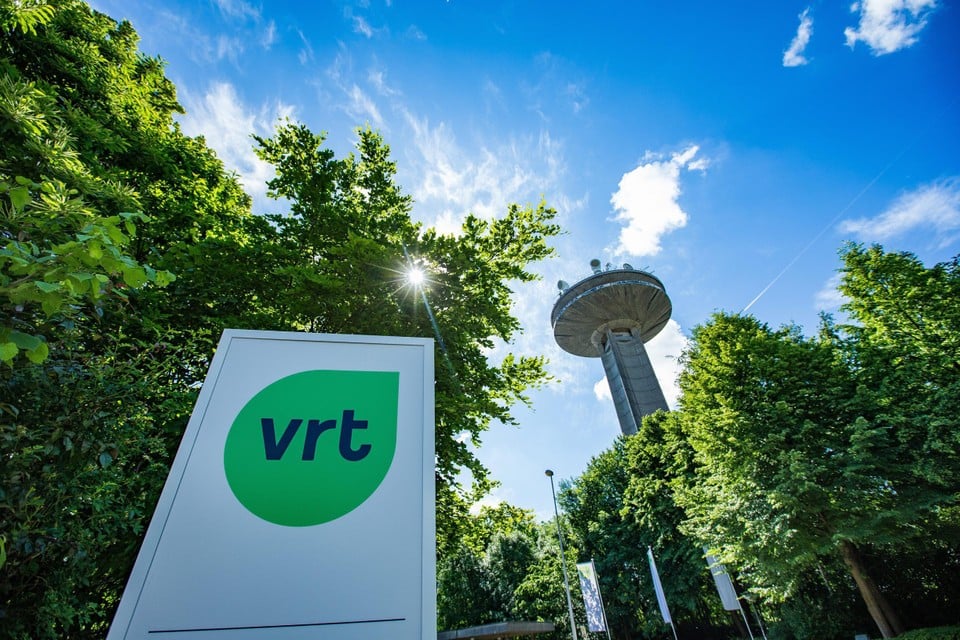
In democratic societies, the media is often hailed as the fourth pillar of democracy, entrusted with the critical role of informing the public and holding power to account. However, when media outlets exhibit a clear bias—particularly those that are state-owned or government-backed—a sinister form of manipulation known as political gaslighting can emerge. This phenomenon is particularly evident in the selective coverage and visibility granted to established political parties versus new entrants.
Definition and Dynamics of Political Gaslighting
Political gaslighting occurs when media channels manipulate public perception by ignoring or trivializing the presence and viewpoints of new political parties and politicians. This manipulation is not just about lack of coverage; it’s a deliberate strategy to shape political landscapes by controlling information flows. Such actions skew public perception, making well-known parties seem like the only viable options, while new movements are sidelined or dismissed as irrelevant.
Impact on New Political Movements
For emerging parties, media visibility is crucial. It’s their primary means of communicating with voters, articulating policies, and challenging the status quo. Without media coverage, these parties face significant hurdles in gaining recognition and legitimacy. This lack of visibility not only impedes their ability to attract followers but also limits their opportunities to participate in critical public debates and interviews, which are platforms where public opinion is often shaped.
Influence on Voter Perception and Democratic Processes
The uneven media playing field influences voter behavior in subtle yet profound ways. By predominantly showcasing established parties, the media indirectly signals to voters that these are the only serious or credible choices. This manipulation can distort electoral outcomes by diminishing the perceived viability or relevance of lesser-known candidates, which in turn affects voter turnout and engagement, perpetuating a cycle of invisibility for new entrants.
Consequences of Media Bias in Politics
Erosion of Democratic Ideals
Democracy thrives on pluralism and informed choice. When media bias stifles diversity in political thought and restricts voter access to a full spectrum of opinions, it undermines the very foundations of democratic decision-making.
Stagnation of Political Innovation
Without new parties and voices, the political landscape risks stagnation. New entrants often drive innovation and reform by challenging entrenched systems and introducing fresh perspectives on governance.
Cynicism and Disenfranchisement
Continuous media manipulation can breed public cynicism and distrust in the electoral process. This disillusionment can lead to lower voter turnout, further entrenching the status quo.
Legitimacy Crisis
As more people recognize media bias, the legitimacy of both the media and the political system can be called into question, leading to societal and political instability.
Afterwords
The role of the media in democratic societies should be to facilitate a diverse and dynamic political discourse, not to serve as gatekeepers that reinforce the dominance of established parties. Tackling political gaslighting is not just about promoting fairness; it’s about preserving the integrity of our democratic processes and ensuring that all voices, regardless of their political pedigree, have an equal opportunity to be heard and influence the direction of their societies. In doing so, we can begin to restore trust and efficacy to the pillars supporting democratic governance.
P.S.
Recent surveys and studies in Belgium reflect a significant level of public dissatisfaction with traditional politicians and the democratic process. A striking 2021 survey indicated that only about one in five Belgians were satisfied with how democracy was functioning in their country, with a substantial portion feeling that the system either needs major changes or a complete overhaul (The Bulletin). This sentiment is particularly strong among younger demographics, who express a greater desire for reform and are more critical of the status quo.
A 2021 survey highlighted by the European Commission’s review of the European Democracy Action Plan reveals widespread discontent with the democratic process, suggesting that citizens across the EU, including Belgium, are eager for substantial changes to ensure more resilient democracies. This includes enhancing media freedom, countering disinformation, and promoting more inclusive civic engagement (European Commission).
References:
- The Bulletin. Survey: growing dissatisfaction with democracy in Belgium
- European Commission. Protecting democracy





